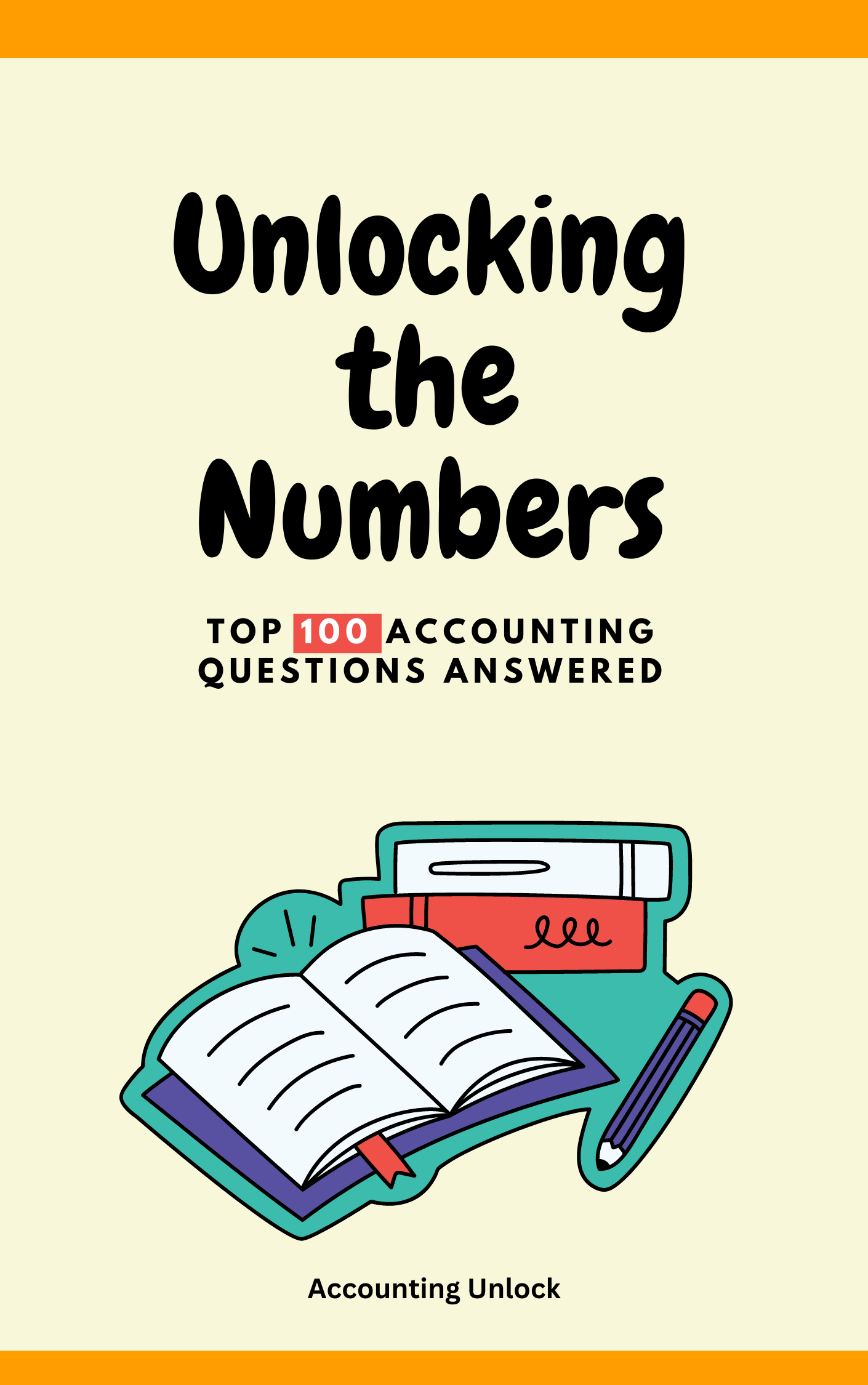Cost accounting is a subset of managerial accounting that focuses on a company’s cost structure. It allocates costs to different products, services, processes, projects, and activities.
Through cost accounting, you can hone in on where your business is spending its money, how much it earns, and where you might be losing money or wasting resources.
“Cost accounting is that part of management accounting which establishes budgets and standard costs and actual costs of operations, processes, departments, or products and the analysis of variances, profitability or social use of funds”.
According to the latest terminology published by CIMA,
Cost accounting is a subset of managerial accounting that focuses on a company’s cost structure. It allocates costs to different products, services, processes, projects, and activities.
Cost accounting is an internal process that can be customized to meet the specific needs and goals of your business.
Cost accounting can help you with various aspects of your business, such as:
- Cost control: You can use cost accounting to monitor and reduce your costs by identifying the sources of inefficiencies, errors, or waste. You can also use cost accounting to set budgets, standards, and targets for your costs and compare them with the actual results.
- Pricing: You can use cost accounting to determine the optimal price for your products or services by considering the cost of production, the market conditions, the customer demand, and the profit margin. You can also use cost accounting to adjust your prices according to changes in costs or other factors.
- Decision-making: You can use cost accounting to make informed and rational decisions for your business by analyzing the costs and benefits of different alternatives. You can also use cost accounting to evaluate the performance and profitability of your products, services, processes, projects, and activities.
- Compliance: You can use cost accounting to comply with legal or regulatory requirements by maintaining accurate and reliable records of your costs and providing the necessary information to the authorities. You can also use cost accounting to prepare cost statements and reports for various purposes, such as taxation, subsidy, or price fixation.
Types of Cost Accounting
There are many types of cost accounting methods that you can use for your business, depending on your objectives and preferences. Some of the common types of cost accounting are:
- Standard costing: This is a method of cost accounting that uses predetermined or estimated costs for each unit of product or service. These costs are based on historical data, industry benchmarks, or engineering studies. Standard costing helps you measure the efficiency and variance of your actual costs from the expected costs.
- Activity-based costing: This is a method of cost accounting that assigns costs to activities rather than products or services. Activities are the processes or tasks that consume resources and add value to the output. Activity-based costing helps you identify the drivers and beneficiaries of your costs and allocate them more accurately and fairly.
- Lean accounting: This is a method of cost accounting that supports the principles and practices of lean manufacturing. Lean manufacturing is a philosophy that aims to eliminate waste and improve quality and efficiency in the production process. Lean accounting helps you measure and report the value stream rather than the individual products or services.
- Marginal costing: This is a method of cost accounting that considers only the variable costs of production. Variable costs are the costs that change with the level of output, such as raw materials, labor, or utilities. Marginal costing helps you determine the contribution margin, the break-even point, and the profit-volume ratio of your products or services.
Benefits of Cost Accounting
Cost accounting can provide many benefits for your business, such as:
- Improved profitability: Cost accounting can help you improve your profitability by reducing your costs, increasing your revenues, and optimizing your resources. You can also use cost accounting to identify the most profitable and unprofitable products, services, processes, projects, and activities and take appropriate actions to improve them.
- Enhanced performance: Cost accounting can help you enhance your performance by measuring and evaluating your results and providing feedback and recommendations. You can also use cost accounting to set goals and standards for your costs and monitor and control them regularly.
- Better decision-making: Cost accounting can help you to make better decisions for your business by providing relevant and reliable information about the costs and benefits of different alternatives. You can also use cost accounting to analyze the impact and consequences of your decisions and make adjustments if needed.
- Increased transparency: Cost accounting can help you increase the transparency and accountability of your business by maintaining proper and accurate records of your costs and providing the necessary information to stakeholders. You can also use cost accounting to comply with legal or regulatory requirements and ensure that your costs are allocated and apportioned as per accepted principles and standards.
Key Points
- Cost accounting is a type of managerial accounting that focuses on the cost structure of a business.
- Cost accounting assigns costs to products, services, processes, projects, and related activities and compares them with revenues and profits.
- Cost accounting is an internal process that can be customized to meet the specific needs and goals of the business.
- Cost accounting can help with cost control, pricing, decision-making, compliance, and setting industry standards.
- Cost accounting can provide many benefits for the business, such as improved profitability, enhanced performance, better decision-making, and increased transparency.
- Cost accounting is distinct and separate from financial accounting, which is designed for external audiences and heavily regulated.
- There are many types of cost accounting methods, such as standard costing, activity-based costing, lean accounting, and marginal costing.
Conclusion
Cost accounting is an essential and useful tool for any business that wants to achieve its objectives and goals. Cost accounting helps you to allocate, record, analyze, control, reduce, and report the costs and profits of your business.
Cost accounting also helps you assist management in decision-making and planning. Cost accounting is not only a technique but also a philosophy that can help you improve the efficiency and effectiveness of your business.





